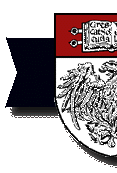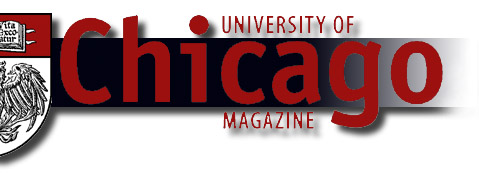|
With the large telescopes at Mount Wilson, Hubble soon began expanding
the known universe. Using celestial mile-markers called Cepheid
variables to measure distances, he proved the existence of other
galaxies far beyond our own Milky Way. He then measured the so-called
red-shift, or Doppler effect, of the starlight from those distant
galaxies to show that the universe itself was expanding. In 1929,
he identified a relationship now known as Hubble’s Law: the farther
away a galaxy is, the faster it is rushing away from us.
This stunning proof of a huge and rapidly expanding universe pointed
backward to a beginning of space and time, energy and matter.
For theologians, the discovery brought rapture: Here was the creation
event, handed down to them by, of all people, scientists. But scientists
themselves—many of whom clung to the notion of a static universe
without beginning or end—felt disbelief and dejection. Albert Einstein
was among those taken aback by Hubble’s idea, even though Hubble
was not the first to show that Einstein’s 1916 theory of general
relativity predicted an unstable universe. One of those who had
co-opted Einstein’s equations to anticipate Hubble was the Dutch
astronomer Willem de Sitter. To de Sitter, Einstein wrote that the
circumstance of an expanding universe “irritated” him. “To admit
such possibilities seems senseless,” he lamented.
Even after Hubble’s discovery, other eminent scientists also remained
obstinate. Arthur Eddington, the most distinguished British astronomer
of the day, wrote: “The notion of a beginning is repugnant to me.”
And the German chemist Walther Nernst warned: “To deny the infinite
duration of time would be to betray the very foundations of science.”
|



